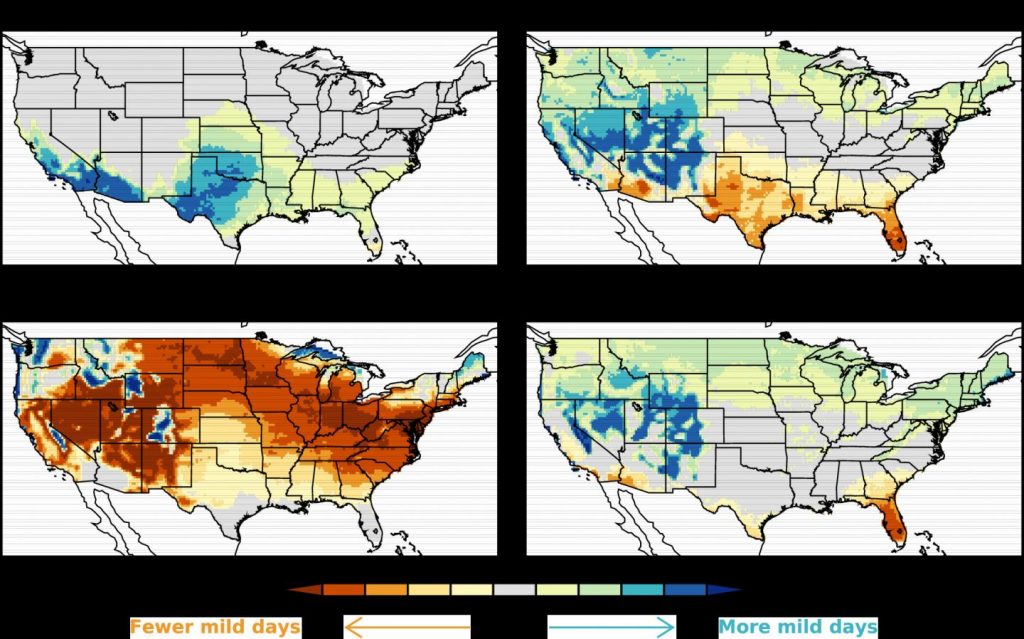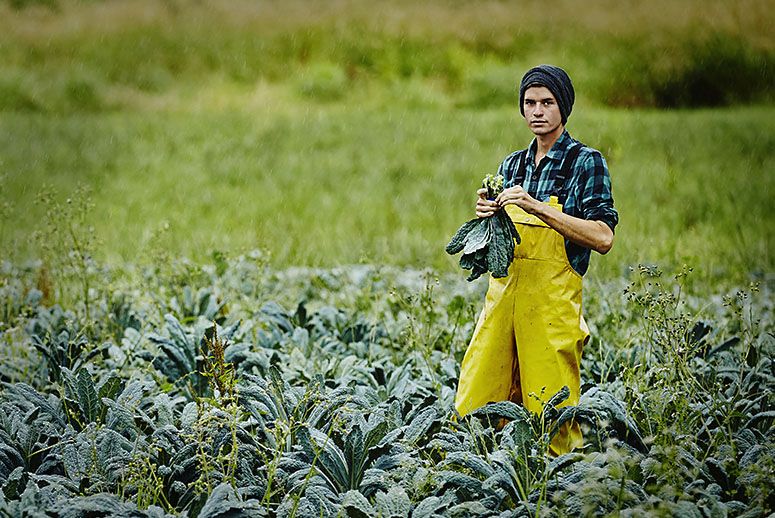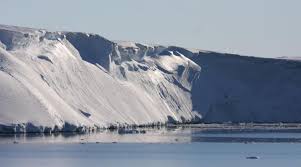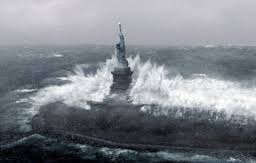The answer to how we can slow down, and even stop global warming, which is also known as climate change. Climate change is a deadly…

Intergovernmental Panel on Climate Change

As scientists work to predict how climate change may affect hurricanes, droughts, floods, blizzards and other severe weather, there's one area that's been overlooked: mild…

Organic farming earned some negative press recently with the publication of a paper that linked it to higher greenhouse emissions, but the truth is a…

Global fisheries stand to lose approximately $10 billion of their annual revenue by 2050 if climate change continues unchecked, and countries that are most dependent…

When weather catastrophes hit, the big-ticket damages tend to come not from heat waves but from floods, hurricanes, and wildfires. Natural disasters caused billions of dollars…

LONDON, 21 May, 2016 – One of Antarctica’s great glaciers could become unstable if global warming continues at the present pace. As warm seas wash…
An interesting question is, what are you waiting for? Global warming is the biggest problem we’ve ever faced as a civilisation — certainly you want…

BLOOMINGTON, Ind. -- Earth could contain nearly 1 trillion species, with only one-thousandth of 1 percent now identified, according to a study from biologists at…

A new study from climate scientists Robert DeConto at the University of Massachusetts Amherst and David Pollard at Pennsylvania State University suggests that the most…

Climate change is hard for people to understand or take seriously because its FUTURE impacts will be so vast in scale and intensity. It would…

A dusty film of pollution is muting the reflective whiteness of Greenland’s pristine icecap and making it vulnerable to accelerated melting rates. Greenland is getting…

Greenhouse gases could tip the Earth – or at least a planet like Earth, orbiting a star very like the Sun – into a runaway…
